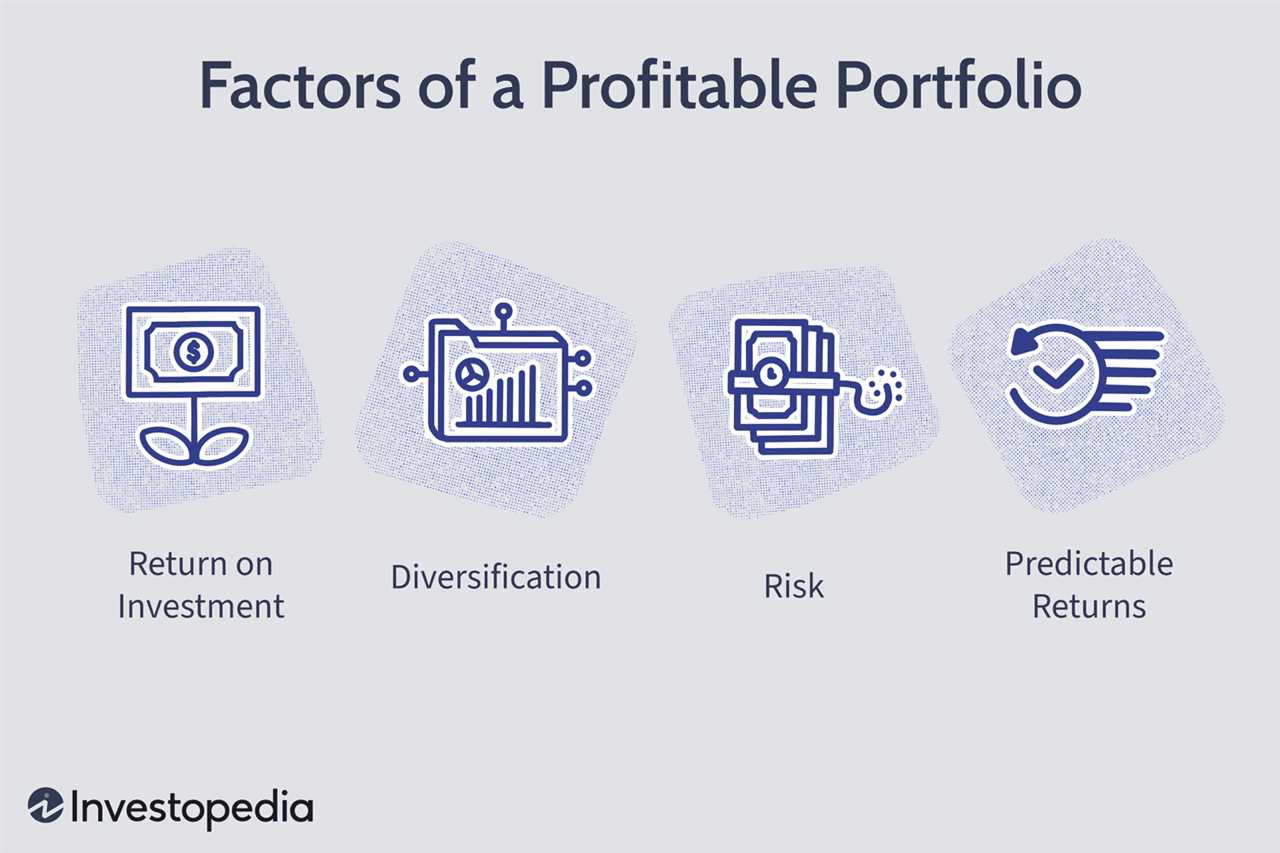What is Investment Horizon?

Investment horizon refers to the length of time an investor plans to hold an investment before selling it. It is an important factor to consider when making investment decisions as it can greatly impact the potential returns and risks associated with the investment.
Investment horizon can vary greatly depending on an individual’s financial goals, risk tolerance, and investment strategy. It can range from short-term investments, which are typically held for less than a year, to long-term investments, which can be held for several years or even decades.
Short-term investments are often used to meet immediate financial needs or take advantage of short-term market opportunities. They are generally considered to be more volatile and carry higher risks compared to long-term investments. Examples of short-term investments include money market funds, certificates of deposit, and short-term bonds.
On the other hand, long-term investments are typically used to build wealth over time and achieve long-term financial goals, such as retirement or education funding. They are generally considered to be less volatile and offer the potential for higher returns compared to short-term investments. Examples of long-term investments include stocks, mutual funds, and real estate.
It is important for investors to carefully consider their investment horizon when constructing their portfolio. A shorter investment horizon may require a more conservative investment approach with a focus on capital preservation and income generation. On the other hand, a longer investment horizon may allow for a more aggressive investment strategy with a focus on capital growth.
Factors such as age, financial goals, risk tolerance, and market conditions should all be taken into account when determining the appropriate investment horizon. It is also important to regularly review and adjust the investment horizon as financial circumstances and goals change over time.
| Short-Term Investments | Long-Term Investments |
|---|---|
| – Money market funds | – Stocks |
| – Certificates of deposit | – Mutual funds |
| – Short-term bonds | – Real estate |
Factors to Consider
When determining your investment horizon, there are several factors that you should take into consideration:
1. Financial Goals
2. Risk Tolerance
3. Age
4. Income and Expenses
Your income and expenses will also impact your investment horizon. If you have a stable income and minimal expenses, you may have a longer investment horizon as you can afford to invest for the long term. However, if you have high expenses or unstable income, you may need to have a shorter investment horizon to meet your financial obligations.
5. Market Conditions
The current market conditions can also influence your investment horizon. During periods of economic uncertainty or market volatility, you may need to adjust your investment horizon to mitigate potential risks. It is important to regularly review and reassess your investment horizon based on the prevailing market conditions.
By considering these factors, you can determine an appropriate investment horizon that aligns with your financial goals, risk tolerance, age, income, expenses, and market conditions. This will help you make informed investment decisions and create a portfolio that suits your individual needs and circumstances.
Impact on Portfolio
If you have a short-term investment horizon, typically less than one year, you should focus on low-risk investments such as cash or fixed-income securities. These investments provide stability and liquidity, which are important for short-term goals or emergencies.
Additionally, your investment horizon should also be considered when diversifying your portfolio. Diversification is the practice of spreading your investments across different asset classes to reduce risk. If you have a long-term investment horizon, you can afford to have a more aggressive asset allocation, with a higher percentage of stocks or other high-risk investments. On the other hand, if you have a short-term investment horizon, you should focus on preserving capital and may have a more conservative asset allocation.
Strategies for Different Horizons

Short-Term Horizon (1-3 years):
Medium-Term Horizon (3-5 years):
For a medium-term investment horizon, you can consider a slightly more aggressive approach. This may include investing in a balanced portfolio of stocks and bonds. Stocks have the potential for higher returns over the long term, while bonds provide stability and income. Diversification is key to managing risk in a medium-term horizon.
Long-Term Horizon (5+ years):
Emotional Considerations:
Seek Professional Advice:
Investing can be complex, and it’s always a good idea to seek professional advice, especially if you’re unsure about the best strategy for your investment horizon. A financial advisor can help you assess your risk tolerance, set realistic goals, and create a customized investment plan that aligns with your needs and objectives.

Emily Bibb simplifies finance through bestselling books and articles, bridging complex concepts for everyday understanding. Engaging audiences via social media, she shares insights for financial success. Active in seminars and philanthropy, Bibb aims to create a more financially informed society, driven by her passion for empowering others.
